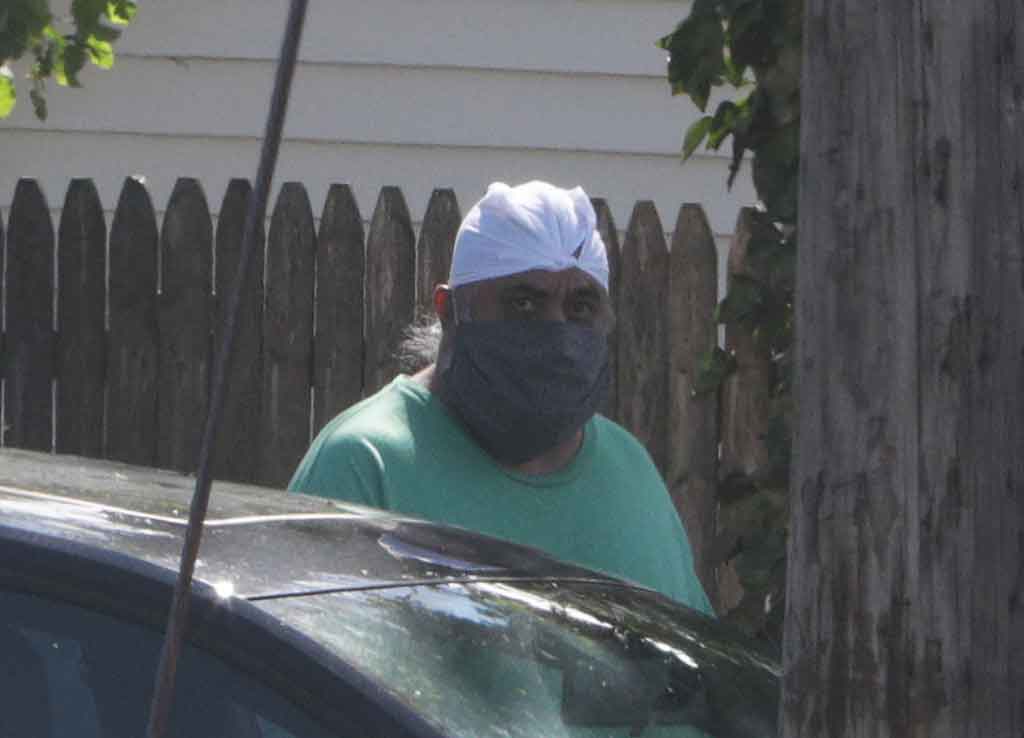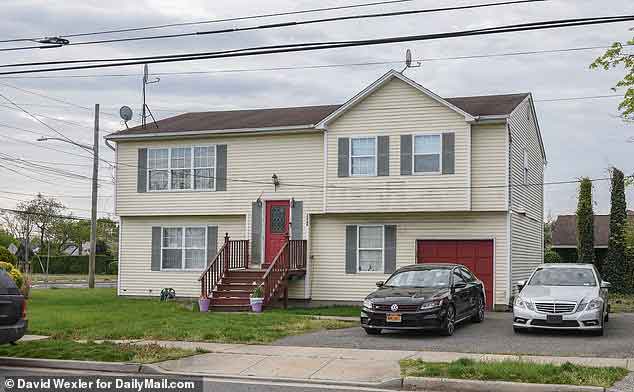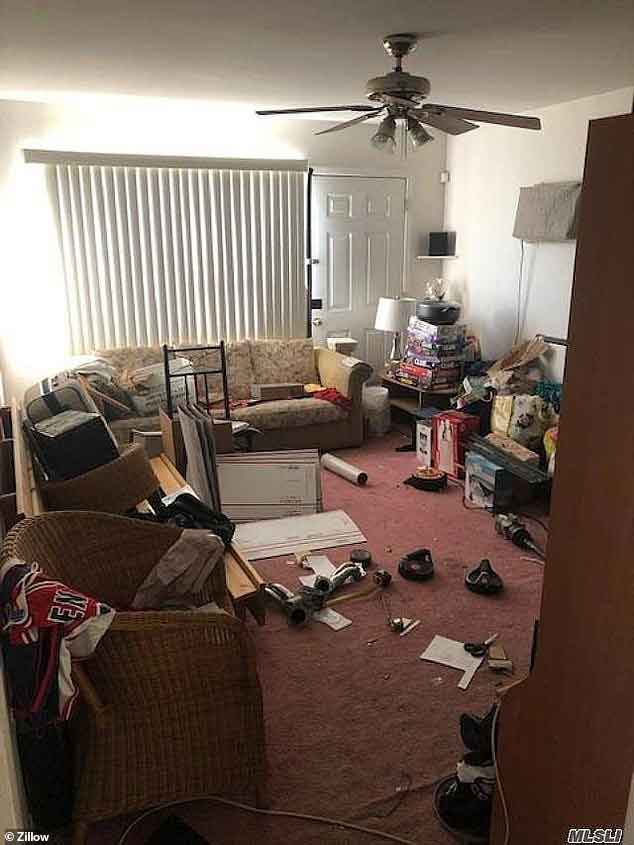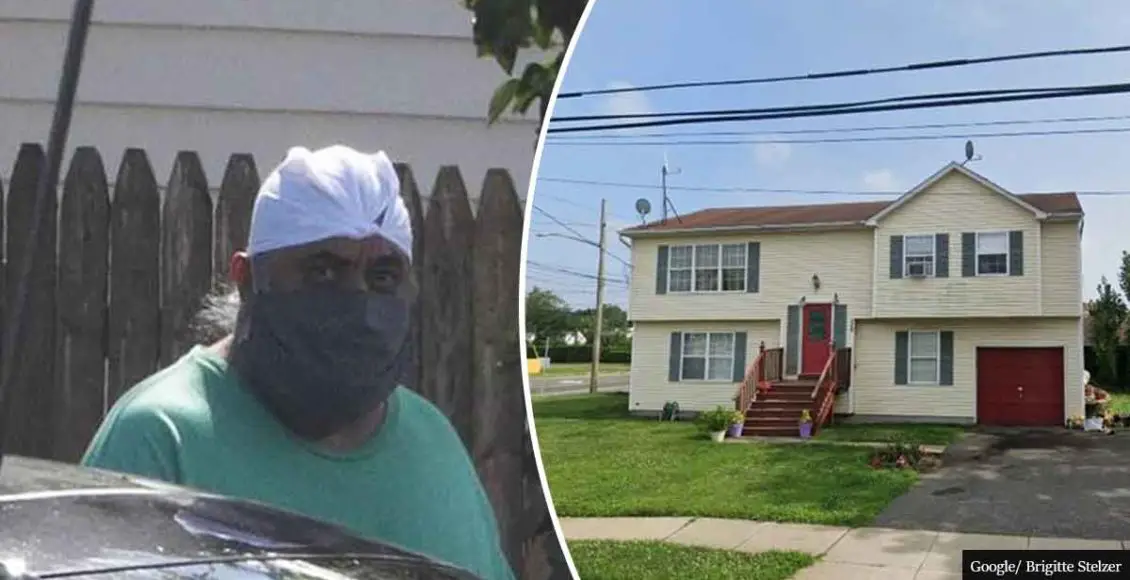A man from Long Island who made just one mortgage payment has used the system to stay in a house for 23 years.
52-year-old Guramrit Hanspal filed 4 lawsuits and declared bankruptcy 7 times to avoid being kicked out from a three-bedroom house in East Meadow he “purchased” for $290,000 back in 1998.
And strangely enough, it’s all worked in his favor so far. A couple of banks and a real estate company have owned the house since the man was foreclosed upon in 2000. But despite all that, Hanspal is still there, and it’s been 23 years.
Also, Hanspal is not the only occupant of the house taking advantage of the country’s Bankruptcy Code’s “automatic stay” laws, which give debtors a temporary break from all collection efforts, harassment, and foreclosures.
At least three others who live at the place have also filed for bankruptcy in Brooklyn federal court, winning the “automatic stay,” only to have the claims dismissed later on, according to court documents.

Attorney Jordan Katz, who represents property owner Diamond Ridge Partners had the following to say:
“It’s really a group of people that are more than willing to use the courts and abuse the courts to whatever extent they need to extend their illegal occupancy.”

According to Katz, Hanspal’s payment avoidance is extremely long, adding that no one has played the system as he has.
“He’s not legally occupying that property,” he said. “It’s an outrage.”

Hanspal, who had a 7.375 % interest rate on his mortgage, saved himself an estimate of $440,000 by avoiding payment.
He got the mortgage from Washington Mutual back in 1998 and made a total of one payment — $1,602.37 — before defaulting, forcing the bank to start foreclosure proceedings one year after.
In 2000, they successfully foreclosed on the house, and Hanspal was “forever barred” from claiming it.
However, he’s still there as he filed for bankruptcy in 2001, according to documents. He went on to file for three more in the next few years.

And if this didn’t work, he just went to state court seeking relief, sometimes acting as his own lawyer, according to a 2005 judge’s order.
In 2004, Hanspal even transferred the deed of the home to a friend named Rajender Pal, even though didn’t do so legally, according to court documents. And then Pal, using the Kenmore Street address, filed for bankruptcy in 2005, avoiding eviction proceedings yet again.
Nassau County Judge Burton S. Joseph wrote back then:
“Mr. Hanspel and Mr. Pal’s apparent frivolous conduct in using the Court system and the
Bankruptcy proceeding as a sword to get out of a lawful debt, rather than a shield, is most disconcerting to this Court.”

Washington Mutual had gone down by 2008, and its assets were taken over by JP Morgan Chase.
They were also unable to kick out Hanspal, and have been trapped in litigation with him for years, with him filing at least 3 lawsuits against JP Morgan Chase. Hanspal and JP are also involved in a legal dispute in Brooklyn’s federal court.
According to Hanspal, JP committed “blatant fraud” in 2010 by trying to kick him out when it did not have the proper claim to the home, and accused them of withholding “surplus” money from a previous auction of the home.

JP, on the other hand, said Hanspal was “clogging the court docket” with “patently frivolous” claims.
Three years ago, JP transferred the house to Diamond Ridge, which even offered Hanspal $20,000 to vacate. But instead of taking the money, he filed for bankruptcy yet again in 2019 and 2020. Another person who also lives in the house, Boss Chawla, filed for bankruptcy 4 times just in 2019, as did another one — allegedly named John Smith — who filed for bankruptcy one time.
Diamond Ridge attorney Katz said:
“There always seems to be a new occupant who pops up at the last moment. They never show up in court.”

One judge (at least) believes it is high time for Hanspal to leave.
In a December 2019 housing court proceeding, Nassau District Judge Scott Fairgrieve wrote:
“The history of this case going on for approximately 20 years must come to an end.”

Diamond Ridge has thrown out $150,000 in legal fees and $50,000 in property taxes since buying the home, according to member Max Sold, who noted that “as of this writing [we] still have no known end in sight.”
Katz also said that the COVID-19 backlog in New York’s housing courts has kept them from pursuing their eviction effort.
Hanspal has kept a low profile recently.
What are your thoughts on this story? Let us know by joining the conversation in the comments and please share if you’ve enjoyed the read.


